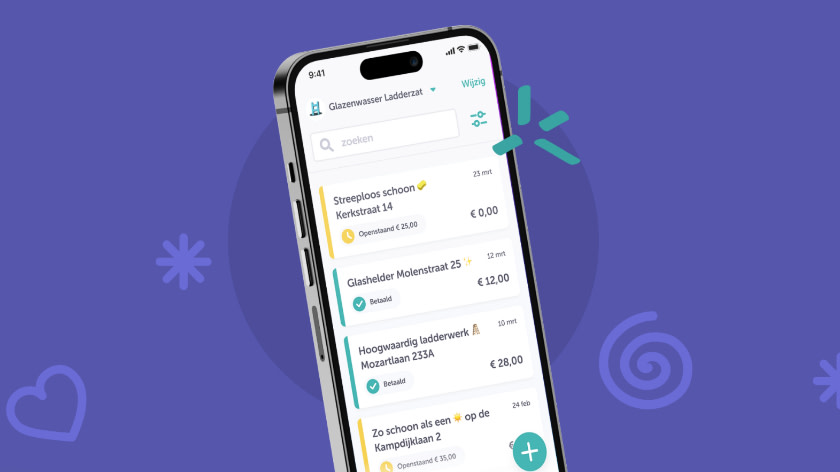ABN Amro declines Tikkie payment requests to Business

Dutch bank ABN Amro is building on the success of its Tikkie mobile application, which makes it easier for businesses to make money transfer requests with Tikkie Business.
FACTS
-
Businesses can quickly share payment requests with customers via Whatsapp, SMS, email or a QR code.
-
While the average Tikkie payment is about 30 euros for consumers, the average Tikkie payment is 80 euros for businesses. The limit for entrepreneurs is 50,000 euros.
-
The new application offers entrepreneurs a real-time overview of the status of all their payments.
-
The arrival of 'Tikkie Zakelijk' is the result of the rapid growth in the number of business users of Tikkie, which already has more than 25,000 companies.
-
The new application is suitable for a wide range of businesses, especially in the form of sole traders and SMEs.
-
The Tikkie application has already accumulated eight million users in the consumer sector.
CHALLENGES
-
Addressing a new target group that is already captive: ABN Amro claims that the professional version of the application has emerged thanks to the rapid growth in the number of professional users of Tikkie, which has already exceeded 25,000.
-
Adapting consumer uses to the professional target: A large part of the adoption of Tikkie Zakelijk, is based on the convenience of use: customers do not have to enter the invoice details and can pay using a direct link. In addition to this, many users have become accustomed to the speed of Tikkie payments after using Tikkie in their private lives.
MARKET PERSPECTIVE
-
With the crisis many fintechs are now turning to businesses, which are a more quickly profitable target, as they can charge for services with a less complicated business model than for the private segment which often relies on a facially free model, fuelled by the use of consumer data for commercial purposes.
-
Buy Now Pay Later is one of the most obvious examples. After seeing fintechs explode in the B2C segment, today the trend is clearly B2B with players such as Pledg or Alma, which in France are opening up to this new clientele. Payment applications are also moving into instant transfer payments, such as the UK fintech Atoa, which has just raised funds for its payment solution dedicated to merchants.
